Is a vegan diet the ideal human diet?
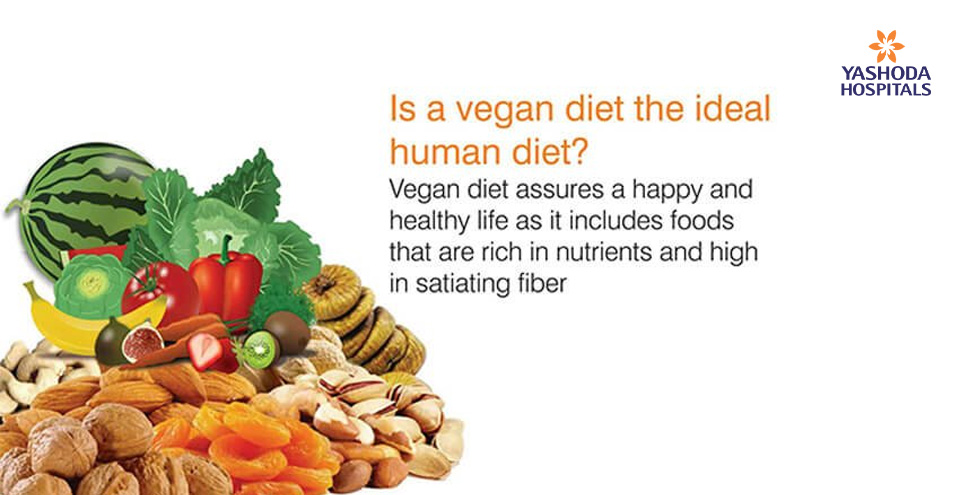
Vegan diet assures a happy and healthy life as it includes foods that are rich in nutrients and high in satiating fiber
A well-planned vegan diet not only meets in total your nutritional needs, but also helps to reduce the risk of heart disease, diabetes and cancer. Also, vegan diet is the most important factor to lose weight gradually. However, it is important to distinguish between the processed and unprocessed vegan foods, as the former is high in calories, sugar, fat and sodium which may prove regressive for your health.
WHAT IS/NOT INCLUDED IN VEGAN DIET?
Many of us are under the thinking that, vegan diet includes all non-meat products. However, there needs some clarity on what is/not vegan diet. Meat, poultry, fish, eggs and dairy products, and all processed foods that contain these items are not included in vegan diet. So, a vegan diet primarily includes vegetables/greens, fruits, grains, nuts, and seeds.
WHAT IS AN IDEAL HUMAN DIET?
It is important to note that, no single food can provide all the nutrients your body needs. Depending on different factors like life style, age, location, and condition of your health, the dietician provides the right diet plan. Usually an ideal human diet includes vegetables, fruits, grains, dairy, protein foods (sea food, poultry, eggs and meat), oils and fats. An ideal diet for you means to include foods that supply sufficient amounts of Calcium, Vitamin D, Vitamin B-12, Protein, Omega-3 fatty acids, Iron, Zinc, and Iodine.
DOES VEGAN DIET HELP IN WEIGHT LOSS?
Definitely the plant based food will help you with your weight loss program. By taking vegetables, fruits, whole grains and beans as part of your diet, you can achieve weight loss with ease. Significantly, the low-fat and high-fiber vegan diet also helps to improve your cholesterol, sugar and blood pressure levels.
Weight loss diet plan includes,
- Low-fat plant based meals
- Mock meat instead of chicken flesh, meat burgers, paneer and eggs
- Vegetable subzis and dals minus butter, cream and ghee
- Instead of eggs, have oatmeal, almond, soymilk and fruits for breakfast
- For dinner have vegetable-rich pasta or noodles, beans and spinach burritos
SHOULD MEAT BE AVOIDED COMPLETELY?
Meat or animal based foods have high saturated fats, more calories and cholesterol. If you are planning for weight loss, animal flesh is the first thing to be avoided. People consuming animal flesh are more likely to be obese and suffer from obesity related diseases like diabetes, high blood pressure, strokes, heart attacks, cancer and others. Research shows that an average vegan is 18 percent leaner than those who eat animal flesh. So, instead of meat, it is healthy to go for protein powerhouses like legumes, soy foods, nuts and seeds which constitute the backbone of protein sources in the vegan/vegetarian diet.
VEGAN DIET AND VITAMIN B12
It is found that vegan diet lacks in Vitamin B12, which is found only in animal foods. B12 is essential for the body to strengthen the nerves, blood cells and help in the development of DNA. Lack of Vitamin B12 in vegan diet results in tiredness, weakness, nervous problems, depression, constipation, loss of appetite and regressive weight loss. To overcome this condition, vegans should take B12 fortified foods (soy products and breakfast cereals).
CONCLUSION
Vegan diet is preferred for the health benefits it offers. Those who have vegetarian foods have better health than meat eaters. For those aiming to achieve healthy weight loss, vegan diet is indispensable. Vegan diet means lower risk of coronary heart disease, longevity, prevention of chronic diseases, lower rate of cancer, greater weight control, lower cholesterol and lower risk of bone diseases. Inadequate intake of Vitamin B12 found in vegans can be overcome by taking B12 fortified foods. By this, the risk of health problems including heart diseases in adults, preeclampsia during pregnancy, and neural tube defects in babies can be avoided.




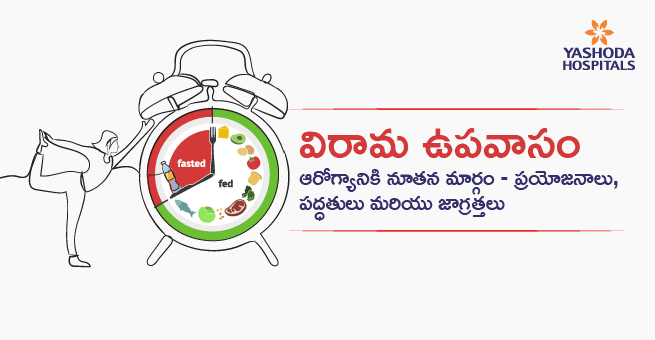
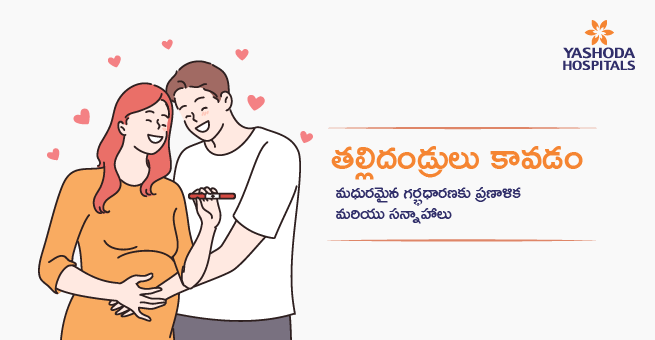
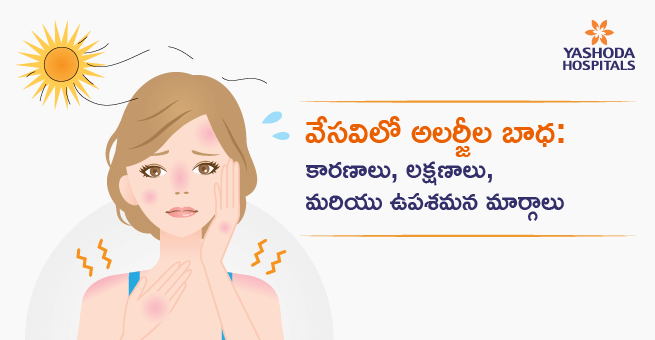
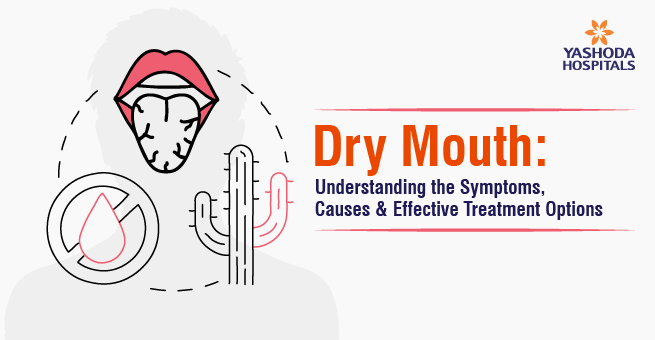
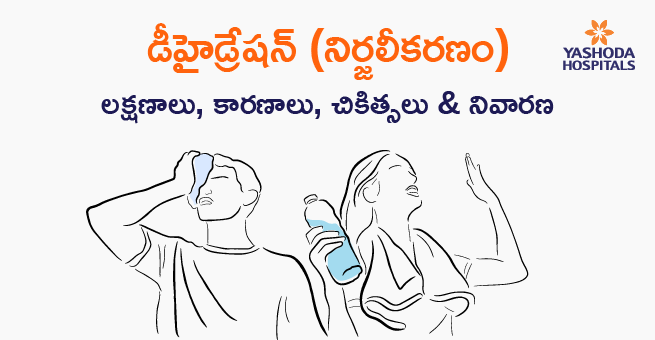
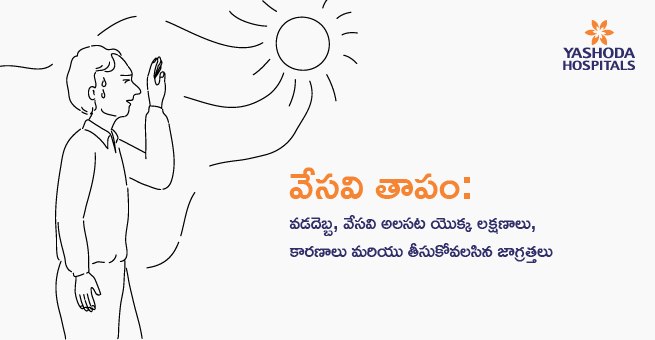

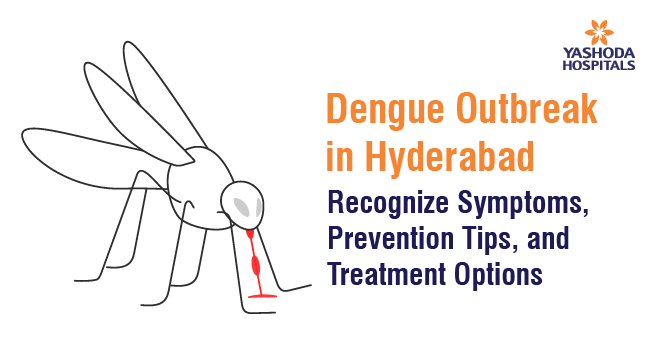
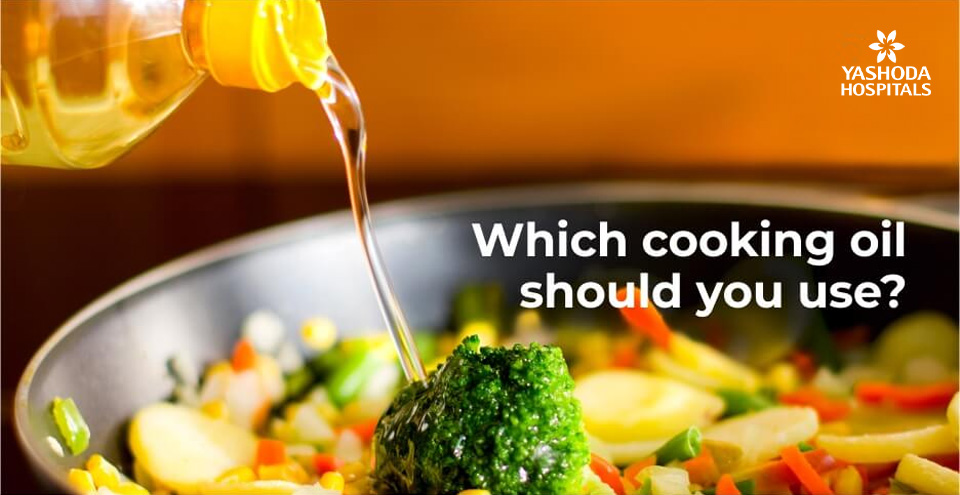
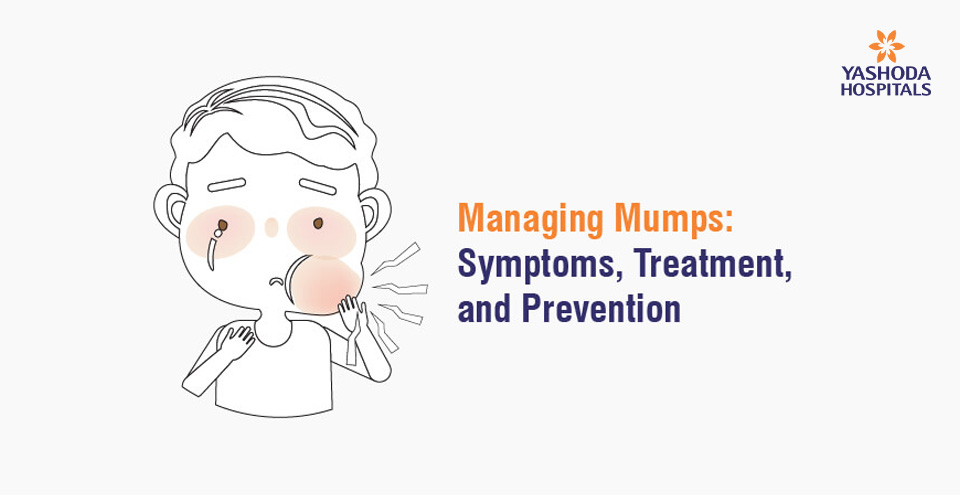
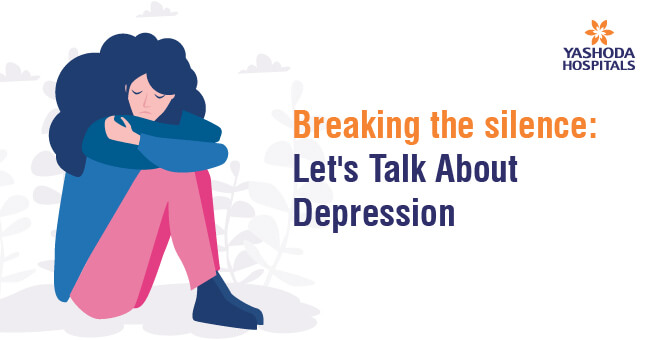


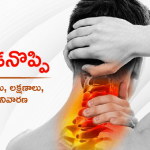
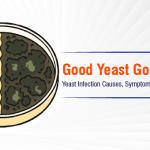
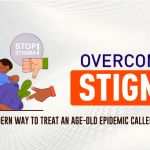
 Appointment
Appointment WhatsApp
WhatsApp Call
Call More
More